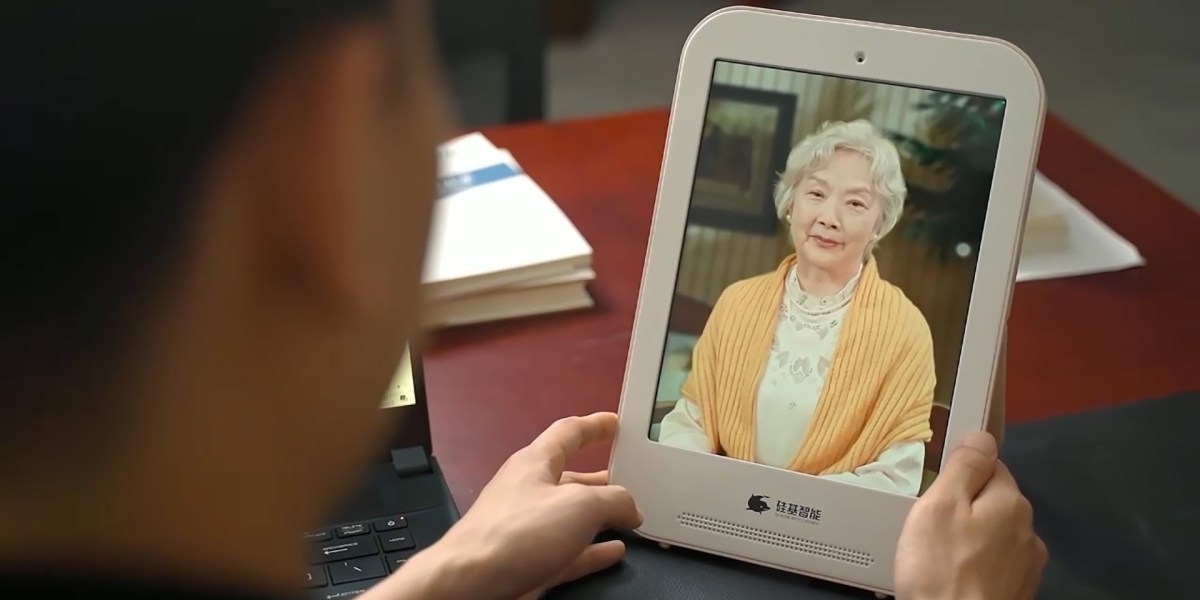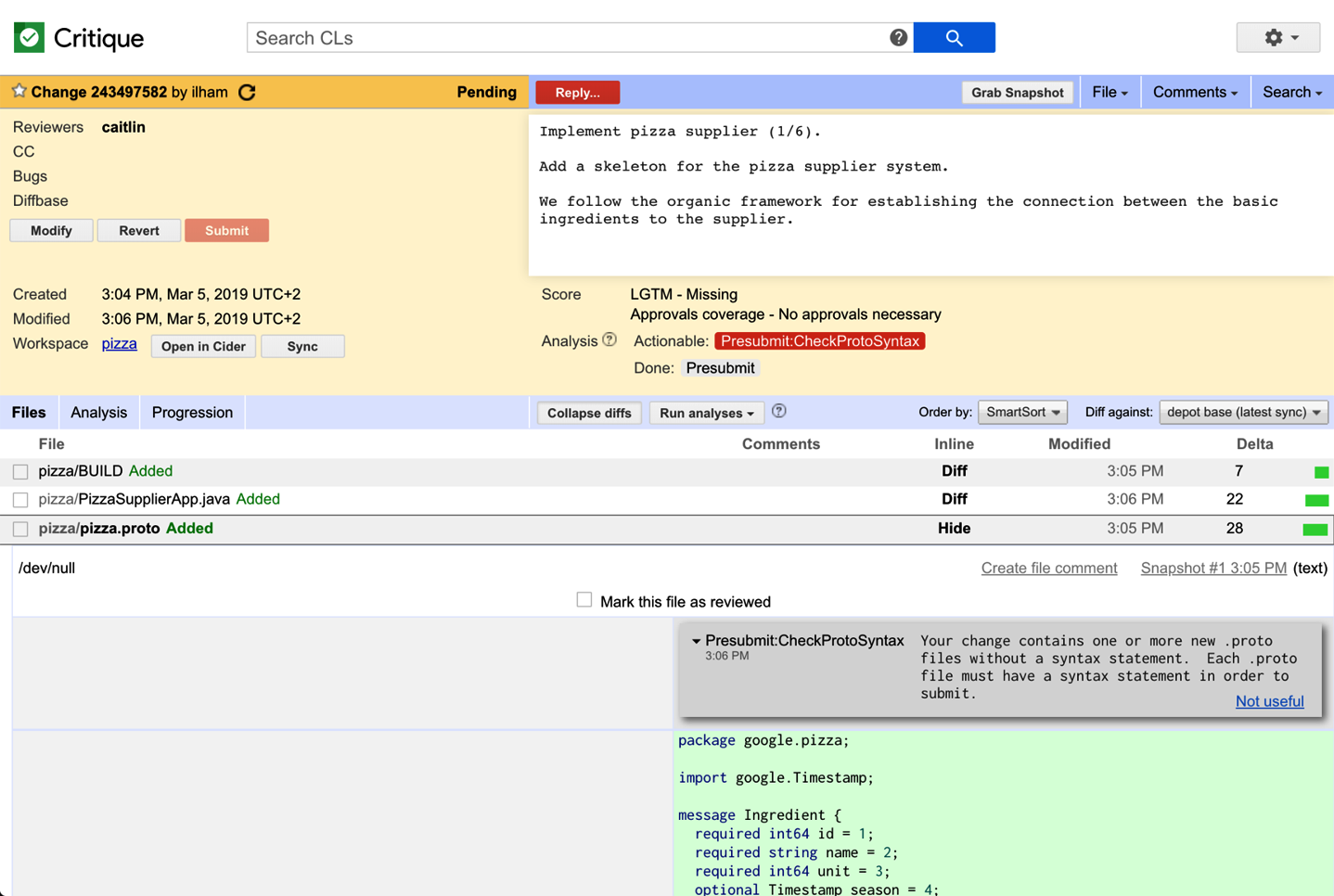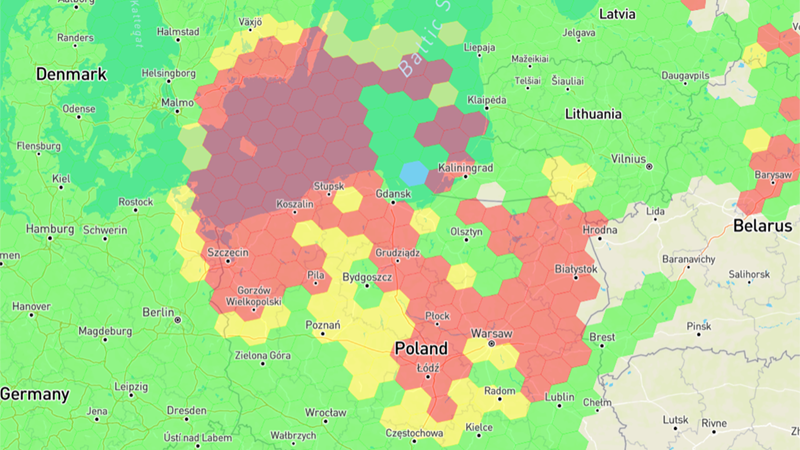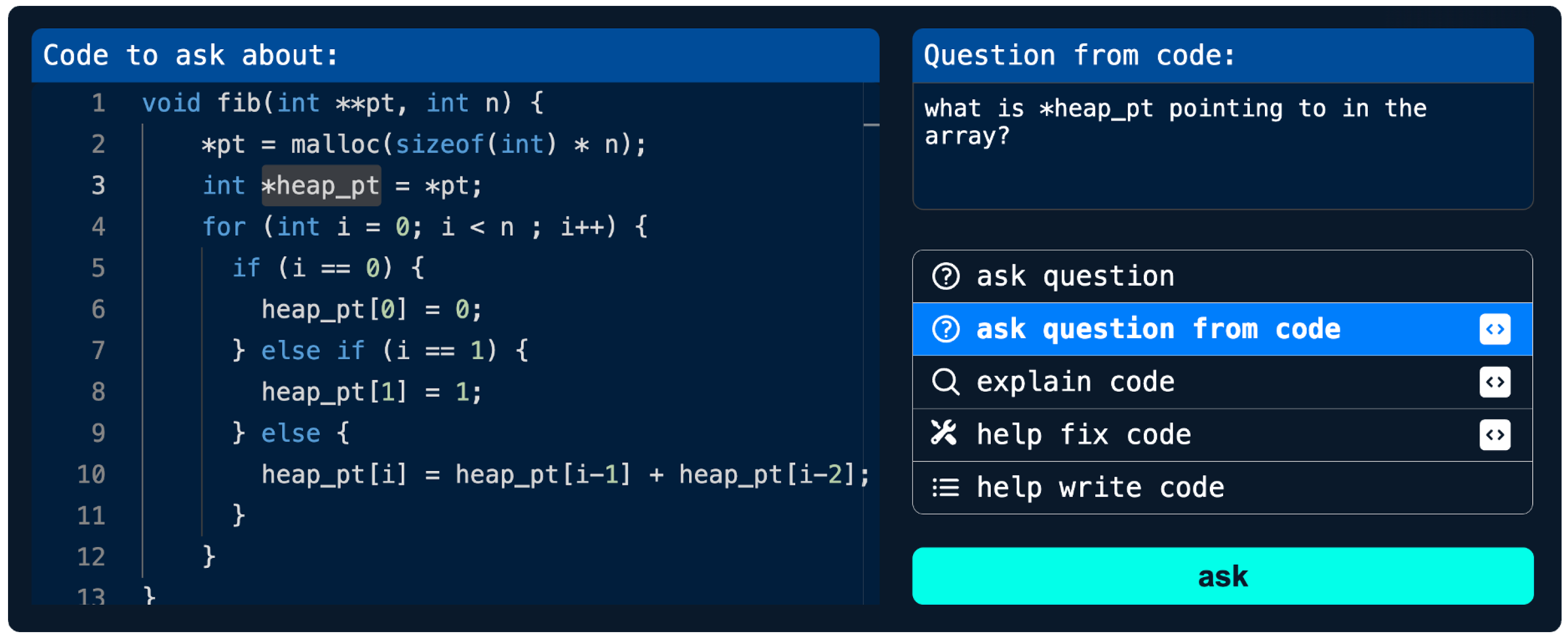
MIT Technology Review
Once a week, Sun Kai has a video call with his mother. He opens up about work, the pressures he faces as a middle-aged man, and thoughts that he doesn’t even discuss with his wife. His mother will occasionally make a comment, like telling him to take care of himself—he’s her only child. But mostly, she just listens.
That’s because Sun’s mother died five years ago. And the person he’s talking to isn’t actually a person, but a digital replica he made of her—a moving image that can conduct basic conversations. They’ve been talking for a few years now.
After she died of a sudden illness in 2019, Sun wanted to find a way to keep their connection alive. So he turned to a team at Silicon Intelligence, an AI company based in Nanjing, China, that he cofounded in 2017. He provided them with a photo of her and some audio clips from their WeChat conversations. While the company was mostly focused on audio generation, the staff spent four months researching synthetic tools and generated an avatar with the data Sun provided. Then he was able to see and talk to a digital version of his mom via an app on his phone.
“My mom didn’t seem very natural, but I still heard the words that she often said: ‘Have you eaten yet?’” Sun recalls of the first interaction. Because generative AI was a nascent technology at the time, the replica of his mom can say only a few pre-written lines. But Sun says that’s what she was like anyway. “She would always repeat those questions over and over again, and it made me very emotional when I heard it,” he says.
Leave a Comment
Related Posts

Worse Than The Disease? Reviewing Some Possible Unintended Consequences of The mRNA Vaccines Against COVID-19
Comment




















